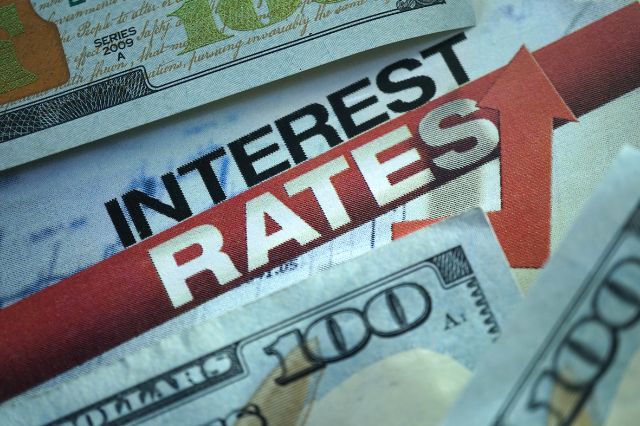Federal interest rates, set by the Federal Reserve, play a crucial role in shaping the economic landscape of the United States. These rates have a significant impact on various aspects of personal finance, influencing borrowing costs, savings returns, and investment opportunities. Understanding how interest rates affect your financial decisions is crucial for making informed choices and maximizing your wealth.
Here’s how interest rates affect your money:
Borrowing Costs
- Loans and Mortgages: Higher federal rates typically lead to increased borrowing costs. If the Fed raises rates, the interest on loans, including mortgages, car loans, and personal loans, tends to rise, making monthly payments more expensive.
- Credit Cards: Many credit cards have variable interest rates tied to the federal funds rate. When rates rise, the interest you pay on outstanding balances may increase.
Savings and Investments
- Savings Accounts: Higher rates can result in better returns on savings accounts and CDs (Certificates of Deposit). Banks may offer higher interest rates to attract deposits, benefiting savers.
- Investment Returns: Rising rates can affect the stock market. Higher rates may lead to lower stock prices as borrowing costs rise for companies. Conversely, certain investments, like bonds, may offer higher yields.
Housing Market
- Home Prices: Increased interest rates can cool off a hot housing market. As mortgage rates rise, fewer people may be able to afford homes, which can lead to slower price growth or even declines in housing prices.
- Refinancing: If rates rise, homeowners may find refinancing less attractive, as they could end up with a higher rate than their current mortgage.
Economic Growth
- Consumer Spending: Higher interest rates can lead to reduced consumer spending. As borrowing becomes more expensive, individuals may cut back on purchases, affecting overall economic growth.
- Employment: Slower economic growth due to higher rates can lead to reduced hiring or job losses in some sectors.
Inflation
- Purchasing Power: The Fed often raises rates to combat inflation. If successful, this can help stabilize prices, preserving your purchasing power. However, if inflation remains high, even higher rates may not keep pace with rising costs.
Pryor Insights
Federal interest rates play a crucial role in shaping various aspects of your financial situation. Throughout your daily grind, it is hard to keep the updates to these rates and policies at the forefront of your mind.
In some situations, banks, mortgage, and insurance companies rely on you missing this important information and want you to stay uninformed so they can keep you locked into rates that are outdated but making way more money off your hard-earned paycheck than they should.
So, take back control of your finances and make understanding how these rates affect borrowing costs, savings, investments, and the broader economy a priority. Of course, a personal financial advisor should have this knowledge as well in order to help you make informed decisions about your money and where to move it.
Pryor Financial advisors make sure we educate you on these changes and help implement them ahead of time into your short-term and long-term planning so that we can help you make informed financial decisions!

